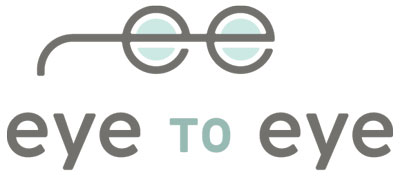Are you suffering from eye allergies?
If your eyes well up when you go outside during spring or summer, you may have seasonal allergic conjunctivitis. Grass, tree, and weed pollens are the worst offenders. When pollen counts are high, stay indoors, keep your windows closed, and run the air conditioner. Wear sunglasses to keep pollen out of your eyes.
Many people will treat their nasal allergy symptoms but ignore their itchy, red, watery eyes.
Eye allergies share symptoms with some diseases of the eye, making accurate diagnosis imperative. The symptoms of eye allergy can range from mildly annoying redness to inflammation severe enough to impair vision. If symptoms persist or over-the-counter remedies do not bring relief, see your Optometrist, who will review your symptoms and conduct tests that can reveal an eye allergy.
Nothing is more irritating than the feeling that there is something in your eye. But if your eyes are red and irritated, and you don’t see anything in them, it could be allergies. Symptoms can occur independently but usually accompany the sneezing, sniffling or stuffy nose related to nasal allergies.
Eye Allergy Symptoms
Itching
Redness
Burning
Clear, watery discharge
Eye Allergy Triggers
Outdoor allergens, such as pollens from grass, trees and weeds
Indoor allergens, such as pet dander, dust mites and mold
Irritants, such as cigarette smoke, perfume and diesel exhaust
Eye Allergy Management and Treatment
Avoid triggers by making changes to your home and your routine.
Keep windows closed during high pollen periods; use air conditioning in your home and car.
Wear glasses or sunglasses when outdoors to keep pollen out of your eyes.
Use “mite-proof” bedding covers to limit exposure to dust mites, and a dehumidifier to control mold.
Wash your hands after petting any animal.
Control some symptoms with nonprescription medications, sold over the counter:
Artificial tears
Antihistamine eyedrops: These drops help with the symptoms and will decrease the itch and watering. Consistency is the key to using them. One must use antihistamine drops twice a day for at least a week to see actual change in symptoms. Typical "get the red out drops" do not help allergy symptoms, they simply make the eye look more white and can actually dry the eye out more and make it worse.
Oral antihistamines (note that they may dry your eyes and make your symptoms worse)



